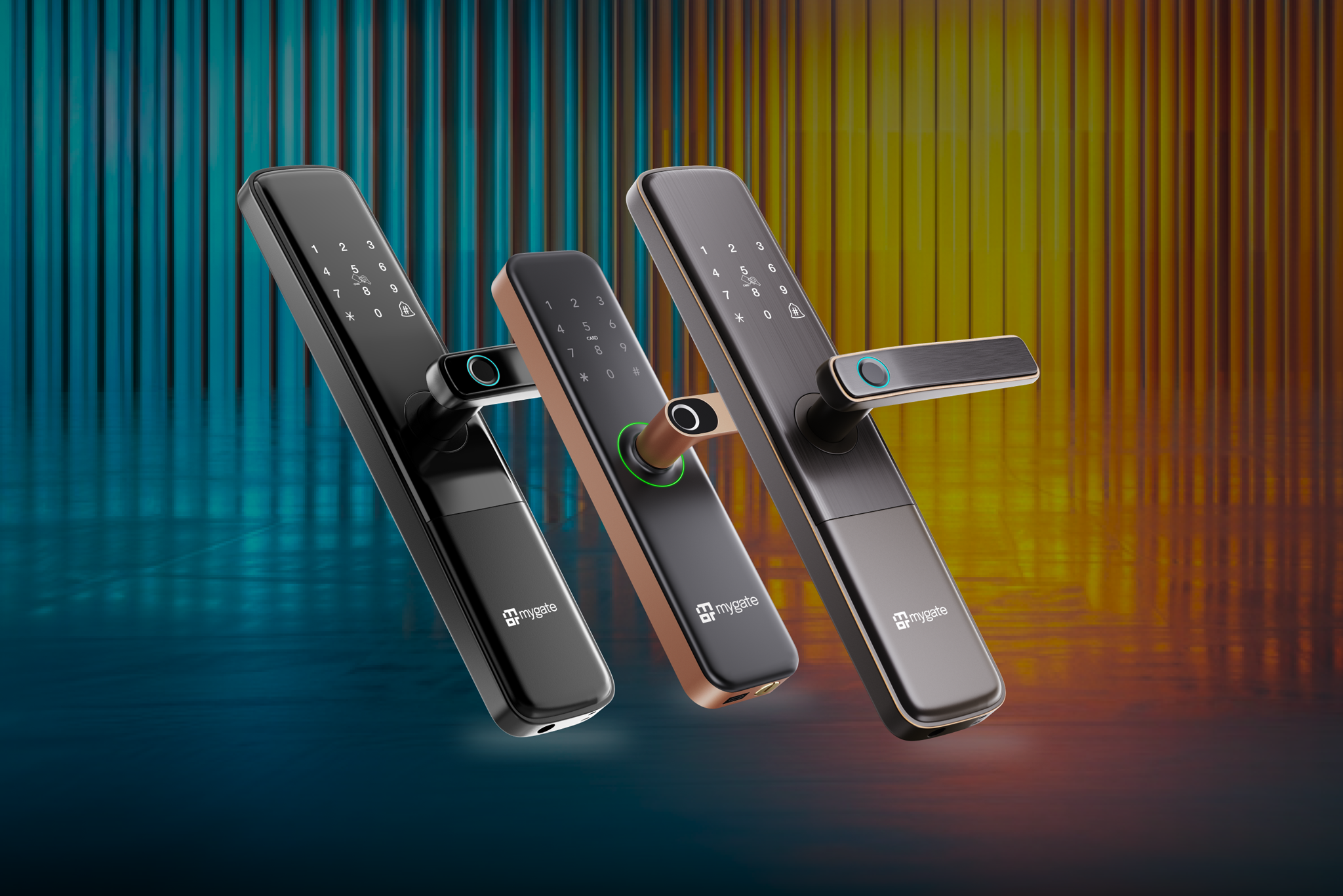Home automation technology is swiftly becoming popular among homeowners. A standout advancement in this field is the smart lock, a modern twist on traditional home security systems. The best types of smart locks leverage cutting-edge technology to deliver seamless convenience and enhanced security to your daily life.
Among the various types of smart locks, two main categories stand out: adapted smart door locks and native smart door locks. Adapted smart locks enhance existing locks with new technologies, while native smart locks are entirely new options that require fresh installation. Which type of smart lock should you choose from the several available options?
Adapted smart locks
These are a type of smart locks where you can upgrade your existing locks with smart technologies. This includes electronic locks that were not initially designed to be smart but can be enhanced when integrated into a technological framework. The primary benefit of using this type of lock is that it eliminates the need for a complete reinstallation. You can enjoy full flexibility with multiple hardware components being electronically controlled. There are several options available to fit your budget and various use cases in this segment.
Another advantage is that these smart locks cause minimal disruption and damage to your door and frame, saving on initial installation costs. Despite this, they remain some of the most preferred types of smart locks today.
Native smart locks
Among the various types of smart locks are native smart lock options. These devices are specifically designed to perform certain functions and are entirely electronically controlled. This control is facilitated through digital interfaces such as keypads and key-codes, along with mobile apps. Some of these smart locks are self-contained systems, meaning they do not interact with larger frameworks or systems. Additionally, they can operate on batteries, which allows for more convenient installation. However, users need to monitor the battery levels and replace them as needed.
Opting for native smart locks involves installing a completely new lock after removing your existing door locks, which may require repairs to the frame and door, making it a potentially more expensive option. Native smart door locks are often linked to proprietary platforms, which might limit flexibility and usage since you must use the dedicated smartphone app. However, this is generally not a major drawback. Many of these locks use Bluetooth, although this can limit remote access. Often, there is a single locking point as well. Despite these considerations, native locks remain among the top types of smart locks available.
The best type of lock for you depends on the features you need and how you plan to use it. Continue reading to discover the main types of smart locks available on the market today as per features:
Bluetooth smart locks
Bluetooth smart locks can be operated without an internet connection. Since Bluetooth is a short-range wireless protocol, typically between 20 to 30 feet, it only works when your phone is near the lock, offering extra security. Although Bluetooth hubs and other smart device gateways don’t have the range of Wi-Fi smart locks, there are methods to extend their range.
Wi-Fi smart locks
Wi-Fi smart locks can link to your home Wi-Fi network, allowing you to manage your lock from virtually anywhere. These locks offer both local and cloud control without requiring extra hubs or integrations. With a long-range connection that can extend up to 300 feet, Wi-Fi locks do not need to be near a router or access point to maintain connectivity.
Which smart lock is right for your home?
You should carefully evaluate which type of smart lock is best suited for your home. Adapted smart door locks are ideal if you prefer not to fully replace or repair your door and frame. They offer a quicker installation process and closely resemble existing locks, which can be a significant advantage.
On the other hand, native smart door locks are specifically designed for advanced smart locking functions. They require a new installation and may involve higher costs. If you’re looking for a lock with tailored smart access control and additional features, this option might be worth considering. Be sure to review the available types of smart locks before making your final choice.


